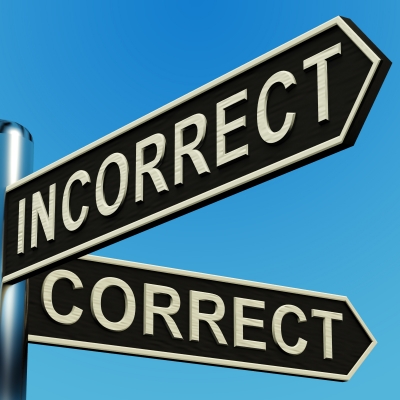“As more and more notable and tragic events occur, we think we’re seeing more compromised, marginalized individuals who are seeking inspiration from those past attacks.” Ya think?
The reporter’s typical mandate—to paint the clearest, most accurate picture of an event using all available information—may, in this case, be unintentionally encouraging further crime, sociologists and psychologists say.
As evidence of that view, they cite reports that perpetrators in several high-profile US shootings have collected media clippings or written admiringly about previous shooters.
Envision a scenario, the more likely he or she is to follow through on it, so journalists should refrain from including details that evoke the visual horror of the crimes: specific weapons used, grisly timelines, re-imaginings of the murder scenes.
Many US mass shooters have themselves publicized their acts prior to or after the killings, making it clear that they cared about how their actions would be interpreted and promulgated by the media.
The man who killed two former colleagues in Virginia in August, for example—himself a former reporter—faxed a detailed manifesto of his grievances to ABC News and tweeted instructions to visit his Facebook page for videos he then posted of the crime.
If a person seeks to become a celebrity through murder, some argue, the best course of action is to deny them that attention. Don’t publish killers’ manifestos or suicide notes. Unless a suspect is at large, withhold, minimize, or delay publication of shooters’ names and images.
Some of these recommendations clash with a reporter’s most fundamental instincts, and intrude on information long considered within the public’s right to know.
But there is compelling evidence that when media coverage inspires copycat deaths, well-considered guidelines can reverse that trend.
A similar rationale inspired the news industry’s revamp of its reporting standards on suicide. In the 1980s, following a number of suicides in the subway system in Vienna, Austria, psychologists there urged local media to withhold details, avoid romanticized language, and keep the deaths off the front page.
The result? Subway suicides dropped by 75%. Formal guidelines on reporting suicide have since been adopted for journalists in the US, UK, Australia, Norway, and Hong Kong.
Reporters regularly withhold information when lives are on the line. Media outlets respected news blackouts on the kidnappings of journalists and others when the victim’s safety is deemed at risk.
Many journalists and public officials have made individual choices to adopt such measures in their reporting on mass shootings. Without widely-adopted standards, though, their efforts won’t work.
The issue came up again this in Oregon. “I will not name the shooter,” Douglas County Sheriff John Hanlin told reporters. “I will not give him the credit he probably sought prior to this horrific and cowardly act. Media will get the name confirmed in time. But you will never hear me mention his name.”
He encouraged the media and the community to avoid uttering his name, and asked instead that attention stay focused on the victims and their families.
The Media Jut Doesn’t Get it.… they want to be first and don’t care.
We, as users of the media, need to let them know our feelings.





